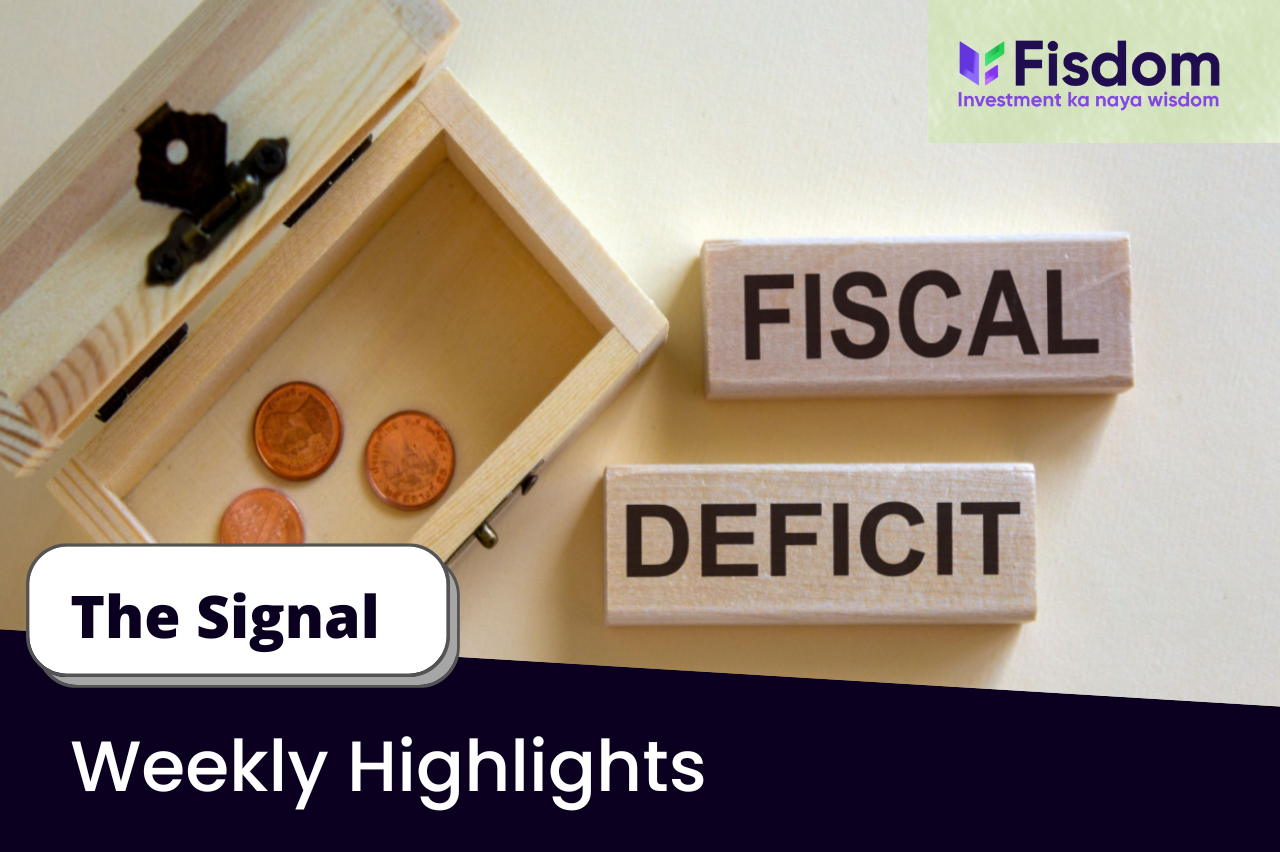
- Centre likely to stick to its borrowing plan for FY23
The central government would stick to the budgeted gross market borrowing of Rs.14.3 trillion for 2022-23 for now, as per government officials. Despite revenue hit on account of reduction in excise duty on petroleum products and higher subsidy burden, the government is confident of generating extra revenue to make up for the shortfall and does not intend to resort to additional borrowing at the moment.
These sops may prompt the government to resort to additional borrowing to meet the fiscal deficit target of 6.4 per cent of the GDP. Based on its borrowing programme, the government had pegged fiscal deficit of 6.4 per cent of the GDP.
2. Spike in inflation likely to delay planned GST rate revision
A spike in inflation is likely to delay the planned Goods & Services Tax (GST) rate revision aimed at boosting the revenue of the Centre and states. It was being considered to reduce tax slabs possibly to three from the existing four.
The central government is examining ways to control prices by improving logistics for commodities such as cement. The Union government will also take steps to resolve the mismatches in the procurement of pulses & oilseeds to contain inflation and ensure that infrastructure projects are fully funded.
3. Higher tax revenues to minimize additional borrowing requirements in FY23
A buoyancy in tax receipts will help the government to minimise additional borrowing requirements in 2022-23. The tax buoyancy to turn out to be higher at 1.2 against the budgeted assumption of 0.9 and a nominal GDP growth of 15 per cent.
This will likely help the Centre’s gross tax revenues to rise by nearly 18 per cent, thereby resulting in an additional tax revenue collection of about Rs.2 trillion over and above the budget estimates
4. More short to medium term measures being considered to tame inflation
With an aim to reduce inflation by 60-70 basis points in short to medium term, the central government is considering to announce a few more fiscal measures.
The measures under consideration include reduction in customs duty on essential items such as edible oil and other imported raw materials for industries and a cut in the Agriculture Infrastructure Development Cess (AIDC), levied on some imports. In addition, the Ministry of Commerce & Industry has been asked to provide a list of items where duty cuts can help with inflation.
5. Automobile makers expect unput cost pressure to ease
Automobile makers expect input cost pressure to ease following softening steel prices and duty cuts by central and state governments on fuel.
This will bring down the cost of ownership of vehicles. This may even lead to a recovery in gross margins of automakers. Reportedly, every 10 per cent drop in steel prices potentially expands automakers’ margins by 60-200 basis points.






















